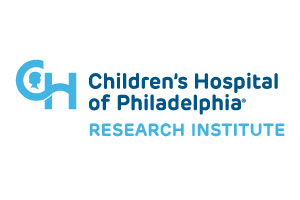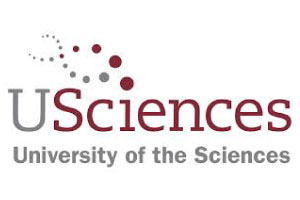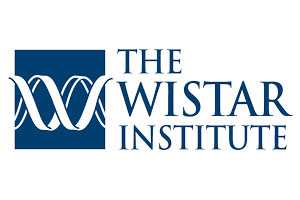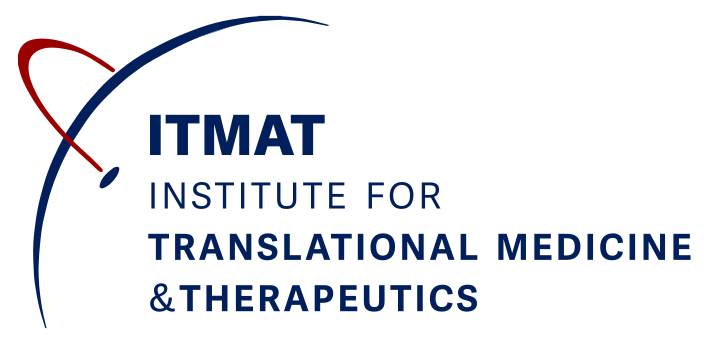The Clinical and Translational Research Award (CTSA) has been greeted enthusiastically by the University of Pennsylvania (Penn) and its partner institutions: The Children’s Hospital of Philadelphia, The University of the Sciences in Philadelphia, The Wistar Institute. The Penn led proposal was funded in the first round of CTSAs, and we have just completed our renewal. The overarching themes of the Penn proposal are (i) fostering the development of Translational Therapeutics and (ii) bridging the artificial divide between pediatric and adult physiology and disease.
A strategic plan had identified clinical and translational research as a priority, leading to the launch of the Institute for Translational Medicine and Therapeutics (ITMAT) in January 2005. ITMAT anticipated many aspects of the CTSA – amongst them, inclusion of the GCRC, dedicated “dry” and “wet” bench space for translational research, and a robust educational program, configured on a Master of Science in Translational Research (MSTR). This CTSA application prompted intra- and inter-institutional consideration of how to build on this achievement. This has forged a transformational alliance between Penn, the Children’s Hospital of Philadelphia (CHOP), the Wistar Institute (WI) and the University of the Sciences in Philadelphia (USP).
Faculty from nine of the 12 schools at Penn and from the partner institutions are represented in leadership roles in the response to this CTSA. ITMAT, designated as the “academic home” for clinical and translational research, has been broadened to serve a trans-institutional role. Its structure has been transformed to foster interdisciplinary science from discovery of new molecules through to the study of drug action in large populations. This has been accomplished by developing interdisciplinary centers, related cores, innovative interdisciplinary programs of research, and strategies to engage and inform communities and their physicians. A particular emphasis has been placed on training and innovative programs, which cover the entire career span, engaging undergraduate students through to mature clinicians.
The current cycle of our award will focus on (i) democratization of access of our trainees and faculty to resources such as the Penn Medicine Biobank and the array of bioinformatic approaches developed at Penn; (ii) democratization of access to the fruits of translational science exemplified by studies integrating community outreach, remote sensing and behavioral economics to enhance uptake of anti-hypertensive and lipid lowering drugs in underserved urban and rural populations; (iii) a focus on access to novel life altering therapies for diseases more common in underserved populations as exemplified by Sickle Cell Disease and (iv) an continuation of our focus on precision medicine and translational therapeutics including cell and gene therapy and vaccines, programs in chronobiology and the use of genetic risk scores.
All aspects of our program have elements focused on the current pandemic. These include a novel program in interdisciplinary approaches to emerging zoonoses, educational initiatives, major use of the biobank and programmatic support for therapeutic initiatives.
In summary, this initiative has fostered:
- An integrated strategy to develop clinical and translational research by Penn, CHOP, the WI and USP – more than 500 investigators from these institutions are now members of ITMAT; and
- The transformation and expansion of ITMAT. This has permitted the development of interdisciplinary structures designed to foster and facilitate research and education in this emerging discipline.
Emma A. Meagher, MD
All publications, press releases or other documents citing results from NIH-grant supported research must acknowledge the NIH grant support. For questions, please email Lorri Schieri.
UL1
Research reported in this publication was supported by the National Center for Advancing Translational Sciences of the National Institutes of Health under award number UL1TR001878. The content is solely the responsibility of the authors and does not necessarily represent the official views of the National Institutes of Health.
KL2 (Scholars only)
Research reported in this publication was supported by the National Center for Advancing Translational Sciences of the National Institutes of Health under award number KL2TR001879. The content is solely the responsibility of the authors and does not necessarily represent the official views of the National Institutes of Health.
TL1 (Trainees only)
Research reported in this publication was supported by the National Center for Advancing Translational Sciences of the National Institutes of Health under award number TL1TR001880. The content is solely the responsibility of the authors and does not necessarily represent the official views of the National Institutes of Health.
NIH Public Access
Award recipients are required to comply with the NIH Public Access Policy. This includes submission to PubMed (PMC), upon acceptance for publication, an electronic version of a final peer-reviewed, manuscript resulting from research supported in whole or in part, with direct costs from National Institutes of Health. The author’s final peer-reviewed manuscript is defined as the final version accepted for journal publication, and includes all modifications from the publishing peer review process. For additional information, please visit publicaccess.nih.gov.
Additionally, please submit an electronic copy of publications referencing the CTSA to Lorri Schieri.
The Clinical and Translational Science Award was submitted jointly by the University of Pennsylvania, The Children’s Hospital of Philadelphia, The Wistar Institute, and the University of the Sciences in Philadelphia. The academic home for the CTSA is the Institute for Translational Medicine and Therapeutics (ITMAT) at the University of Pennsylvania.



Response of this Hub to the COVID-19 Pandemic
At the time of writing, intensive preparation is underway at this Hub in anticipation of a surge in cases of COVID-19. Elements of the Hub – the CHPS, the IDS and the PMBB are integral to this effort as sites for clinical research, investigational drug preparation and biosample storage and analysis. Hub investigators have been active in development and sharing of questionnaires, biosampling pipelines, remote monitoring technology and data from our EHR with other Hubs via miniconsortia, CD2H and the ACT Network. Our CTS investigators are launching trials to assess DNA and RNA vaccines developed at this Hub and are involved in all aspects of our research response – serology, drug repurposing, trials of small molecules and observational studies – with OCR playing a key role. The diverse response of the Hub research community is overseen by a Research Oversight Committee (ROC) chaired by the P.I., Dr. FitzGerald. The ROC is charged with prioritization, strategic guidance, coordination and communication with the Hub community. Finally, besides these immediate engagements with our response to the crisis, we hope to learn from it. We have added an educational module (as described above) to our Master’s program that we will also make available as a certificate course. Ironically, we had anticipated the crisis with the re-orientation of the PICAB program to integrate campus wide approaches to zoonoses and by the inclusion of speakers in our fall ITMAT symposium from the World Health Organization and on RNA vaccines from Penn (Dr. D. Weissman). We had expanded our HI Translational Therapeutics Core to include RNA vaccines as an additional modality.

